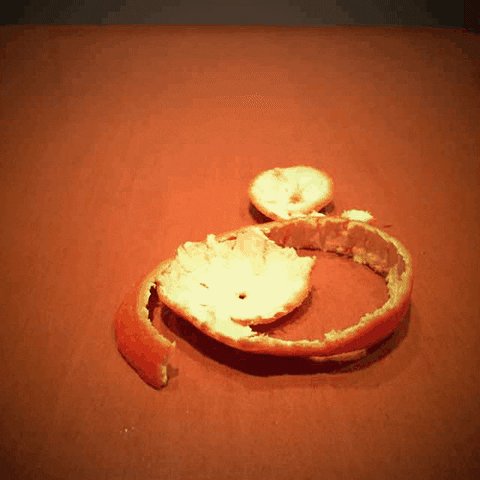Because energy can not be created nor destroyed, we will always have whatever energy came with our charts.
BUT, when said energy is giving us trouble, what we can do is REDIRECT it.
Let me show you

She did it, and months later after the roses had grown and she had seen positive results, she called him to let him know.
But HOW did he know? What even is this?
Venus = spouse/marriage
Mars = arguments
Conjunctions = a blending = her marriage naturally comes with an argumentative quality embedded into it.
How did planting roses redirect this energy?
Mars = defense (and the color red!)
So, a flower that defends itself (Mars = sharp points so that counts)
Any red (Mars) flower could’ve been used, but the more specific the better.
4H = home, so they were planeted infront it her house
The thing about energy, it HAS to come out. It HAS to show itself. But that doesn’t mean it has to show itself through destructive qualities.
The lady REDIRECTED. A diff expression
Will they still argue sometimes? Of course, because Venus still represents the marriage and Mars still shows quarrels.
BUT—
It’s just like how some people yell and curse at others when they’re angry, but as they mature they may learn to write about it instead.
A redirect!













